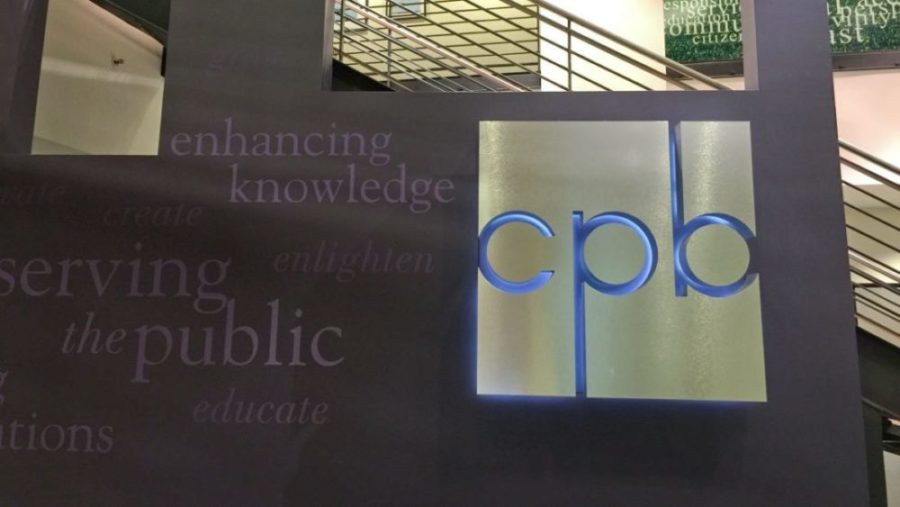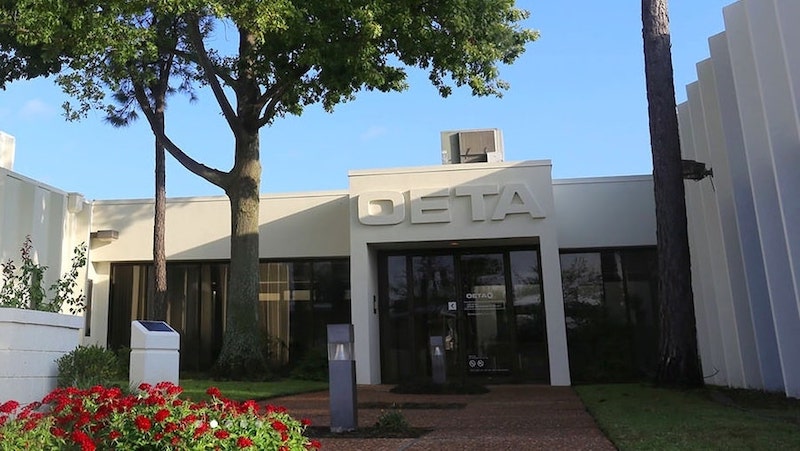Wednesday roundup: CPB, Ready to Learn provide grants; WKYU oversight shifts
• CPB and Ready to Learn, a U.S. Department of Education initiative, announced Tuesday $2.2 million in grants to 21 pubmedia stations to expand their school-readiness projects. One grant will establish an Illinois Ready to Learn transmedia network with pubTV partners WILL in Champaign-Urbana, WSIU in Carbondale and WTVP in Peoria, to reach 12,000 educators and 13,000 school children. Details here.
• Oversight for dual-licensee WKYU at Western Kentucky University is moving from the information technology division to public affairs effective July 1, reports the WKU Herald. Robbin Taylor, v.p. for public affairs, told the Herald that she didn’t anticipate any “fundamental” changes to operations of the pubcasting services. News and editorial content and programming “will remain completely independent from university administration,” Taylor said. “We will adopt a formal policy or statement to the effect as well.” University President Gary Randsdell said his decision will allow the Bowling Green, Ky., public radio and television stations to “function independently but cohesively” with the university’s other outreach programs, such as governmental relations and news and media relations.

Clifford the Big Red Dog is available to public TV stations this summer on a soft feed, to make room for double-pumps of popular PBS Kids shows. (Image: PBS)
• PBS announced its revamped PBS Kids summer schedule Tuesday, part of its ongoing work to boost sagging ratings for the lineup. Several popular shows, such as Curious George and Wild Kratts, get double pumps. Clifford the Big Red Dog moves from the daily schedule into a soft feed to allow for those repeats. The schedule is effective through Aug. 31.
• Salon’s Garrett Martin has joined the backlash against Georgia Public Broadcasting’s channel-sharing agreement with Georgia State University’s WRAS. Martin called the agreement, which was made without input from students who currently operate the station, “a huge blow” to students, Atlanta and college radio in general. Noting WRAS’s position as one of the most powerful and popular college radio stations in the country, he warns that the move to replace daytime programming with GPB’s news format is “large enough to damage the entire college radio industry.”







Explain to me how a station dead last in the Atlanta ratings can be so popular.